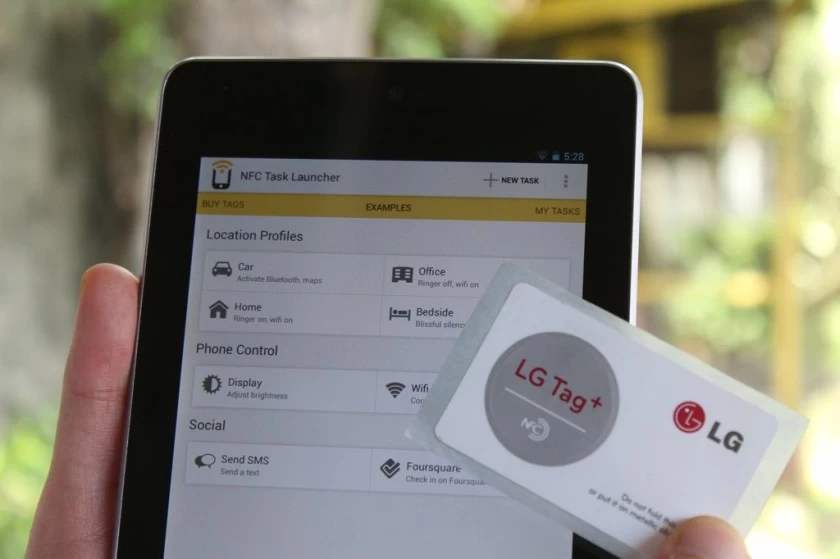RFID Tags Revolutionize Inventory Management in Retail Sector

ACM In a groundbreaking development, Radio Frequency Identification (RFID) tags are transforming the way retailers manage their inventory. These tiny, wireless devices, which can be attached to products, are enabling businesses to track items in real-time, significantly improving efficiency and reducing costs.
RFID tags work by transmitting data via radio waves to a reader, which then processes the information. Unlike traditional barcodes, RFID tags do not require line-of-sight scanning, allowing for faster and more accurate inventory checks. This technology is particularly beneficial in large retail environments, where manual stock-taking can be time-consuming and prone to errors.
Major retailers, including Walmart and Amazon, have already adopted RFID technology to streamline their supply chains. By using RFID tags, these companies can monitor stock levels more effectively, reduce theft, and ensure that popular items are always in stock. This not only enhances the shopping experience for customers but also boosts sales and profitability for retailers.
The adoption of RFID tags is not limited to the retail sector. Industries such as healthcare, logistics, and manufacturing are also leveraging this technology to improve operational efficiency. For instance, hospitals are using RFID tags to track medical equipment, while logistics companies are employing them to monitor the movement of goods.
Despite its numerous advantages, the widespread implementation of RFID technology faces some challenges. The cost of RFID tags, although decreasing, remains a barrier for smaller businesses. Additionally, concerns about privacy and data security need to be addressed to ensure consumer trust.
As RFID technology continues to evolve, its potential applications are expanding. Innovations such as battery-assisted passive (BAP) tags and the integration of RFID with the Internet of Things (IoT) are opening up new possibilities for businesses. With ongoing advancements, RFID tags are set to become an indispensable tool in the modern economy, driving efficiency and innovation across various industries.
In conclusion, RFID tags are revolutionizing inventory management and beyond. As more businesses recognize the benefits of this technology, its adoption is expected to grow, paving the way for a more connected and efficient future.



